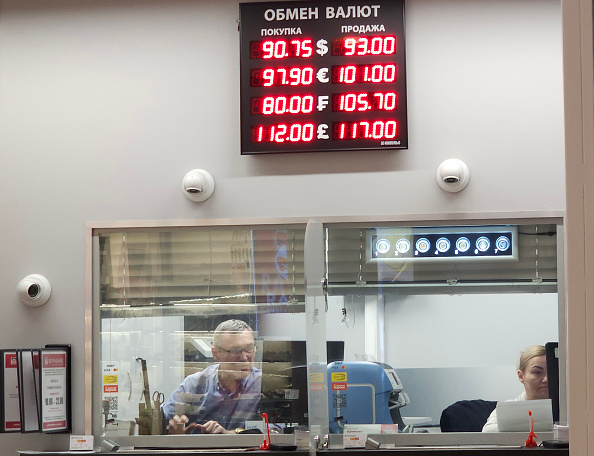The EU has given payment providers just nine months to get ready to accept instant euro payments, a move that the bloc hopes will help European payment providers take on US giants Visa and MasterCard.
Many payments experts, though, question whether instant payments are actually that much in demand, either for individuals or big companies.
Meanwhile, the regulation could bring big downsides: both for fighting fraud and, given the exceptionally short time scale the EU is giving banks and corporations to change their systems, for the financial system.
Introducing universal instant payments will exacerbate fraud challenges, says Robert Coughlan, director of Accenture Payments Ireland.
The current, longer clearing cycle “provides for a period of time where transactions can potentially be stopped, once a customer has had a moment to consider the authenticity of a payment,” Coughlan explains.
“This is now eliminated,” he says.
And screening to see if a recipient is subject to EU sanctions within ten seconds, the amount of time that is allowed for an instant payment, is a big challenge.
Doing instant payments through your bank also doesn’t give you the protection of chargebacks, if you need a reverse a payment, which your credit card would.
It isn’t even incredibly clear that customers, as they decide which payment service to use, are really clamouring out for instant payments, says Coughlan.
“Users enjoy Revolut not just because payments are fulfilled instantly, but because the process of choosing a contact and paying them is fast,” he says.
On the other hand, it’s extremely easy to scare customers away, if you make payments too cumbersome and bureaucratic.
Just taking existing payment processes and making them faster won’t lead to success, says Coughlan.
“Complex journeys for payee authorisation which involve card readers and hard or soft tokens need to be improved, or customers will not be impressed,” he adds.
From the European Commission’s perspective, the move could free up some of the €200 billion that is locked away in the EU’s financial system each day, moving from account to account.
Today in the EU, just 11 per cent of the euro money transfers qualify as instant payments.
The European Council adopted the instants payments regulation on February 26, 12 days after the European Parliament did.
Banks and other payment providers will now have nine months to get ready to receive instant credit transfers in euro, says the regulation. (They have twice as long to prepare to send them.)
Banks especially will need to get ready to process a higher volume of payments, around the clock.
Despite the expensive task of changing their systems, banks’ charges for instant payments “must not be higher than the charges that apply for standard credit transfers,” notes José Carlos Laguna de Paz, dean of public administration at the University of Valladolid.
Big corporates doing business in the EU will also quickly need to decide how to switch they do their payments–during an economic downturn.
And “the cost required to scale infrastructure to cater for files with over a hundred thousand transactions processed in ten seconds is a concern,” says Coughlan.
“It’s not clear that corporate or government departments have a need for this. They’re happy with payments paid reliably, at a time they expect,” Coughlan adds.





